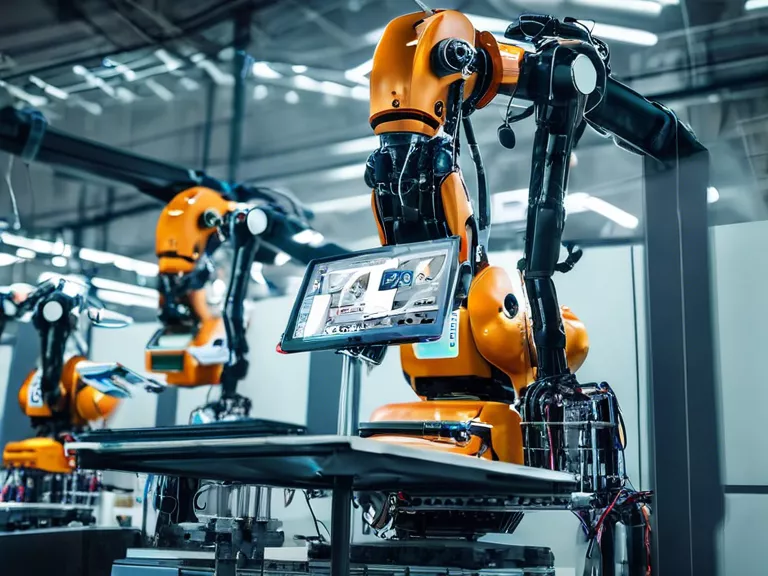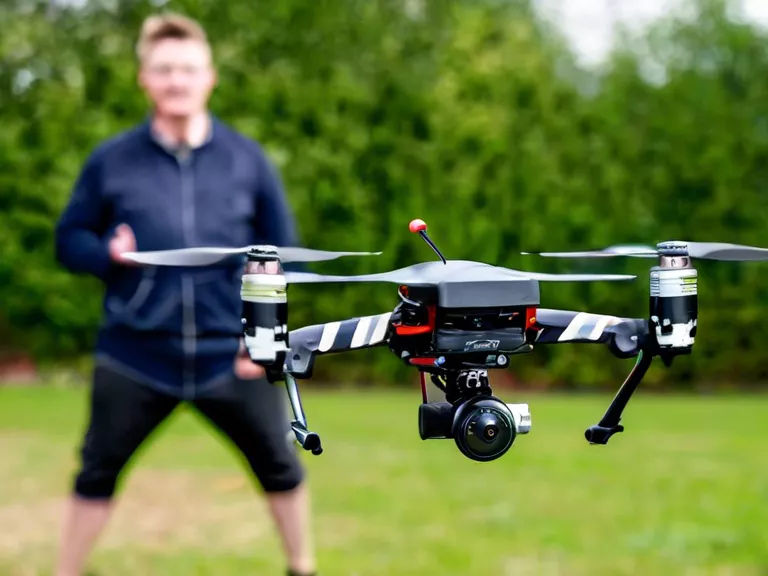
With the advancement of technology, robotics have become an integral part of modern manufacturing processes, revolutionizing the way products are designed, produced, and assembled. These automated systems have significantly enhanced precision and efficiency in the manufacturing industry, leading to higher productivity and quality outputs.
One of the key advantages of using robotics in manufacturing is the ability to perform repetitive tasks with extreme precision. Unlike human workers, robots can consistently perform tasks with the same level of accuracy every time, reducing the margin of error in production lines. This results in higher quality products and fewer defects, ultimately saving time and resources for manufacturers.
Moreover, robotics in manufacturing have also increased efficiency by streamlining production processes. Robots can work around the clock without the need for breaks or rest, leading to continuous operation and increased productivity. They can also perform tasks at a faster pace than humans, allowing manufacturers to meet tight deadlines and respond quickly to market demands.
Furthermore, robots are versatile and can be reprogrammed to adapt to different tasks and production requirements. This flexibility allows manufacturers to easily switch between different products and production lines without the need for major reconfigurations, leading to cost savings and improved production efficiency.
Overall, the integration of robotics in manufacturing processes has transformed the industry by making it more efficient, precise, and adaptable. With the continued advancement of technology, we can expect robots to play an even greater role in shaping the future of manufacturing.



